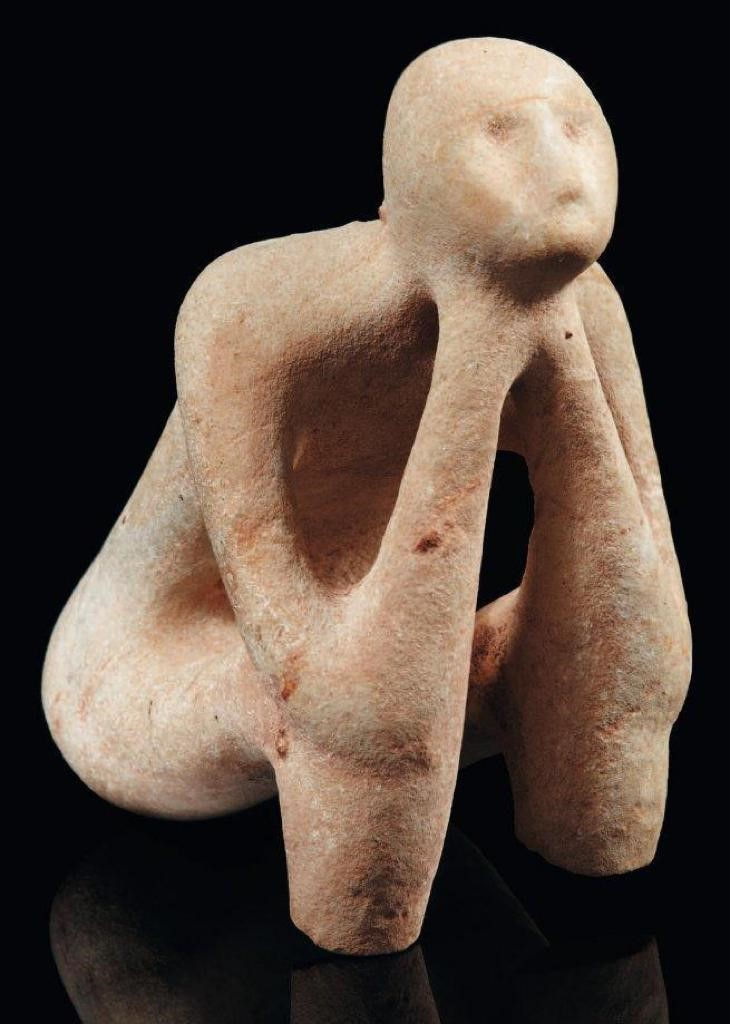About Shame
- Richard Hughes

- Nov 24, 2021
- 3 min read
Updated: Aug 10, 2024

"How can I be substantial if I do not cast a shadow? I must have a dark side also If I am to be whole." - C. G. Jung
Behind the loneliness, depression, restlessness and anger, all those feelings that bring people to therapy, is shame. But what is shame, and how does it come about? And is it possible to undo shame, and live a shame-free life?
Shame is a co-created relational process; it exists in the space between us. There is a deeply unconscious aspect to shame. Whilst often nebulous and unspoken, it is acutely felt and always there.
What is happening here is that our sense of our ‘wholeness’, our need to be seen and accepted for all our complexity, difference and uniqueness is being diminished, judged or disowned by ‘the other’ which could be a person, an organisation, a community, or society in general.
This is a denial of our humanness. It can lead to a disintegration of the sense of self. When people’s lives are defined by shame, they cannot fully be themselves. They learn not to show themselves to others, or they learn to present a ‘front’. They are left not knowing who they truly are. The outcome of this is that people cannot bear to be themselves. At a deep unspoken level, they feel wrong and unlovable.
There is a subtle difference between shame and being ‘ashamed’. We are ashamed of something we have done, whilst shame goes deeper, it is about who we are.
Shame causes people to disconnect and diminish the value of relationships. The defensive walls are high. Control and criticism makes everything small; connection is sabotaged, self-blame is the salve when things fall apart.
Rather than being sad, a constant low-level anger becomes the default. When this erupts it does so with annihilating laser-like precision. For some, the avoidance of difficult feelings is channelled into the care of others. Fixing and rescuing becomes another form of shame control.
Shame leaves us feeling disembodied or disconnected from ourselves. There can be a somatic response to this: addiction, stomach issues, back pain and autoimmune conditions are all associated with shame. When we are not seen, when our wholeness is disowned, denied or damaged, our ventral vagal nervous system goes into alert, there may be a dissociation of feelings or a breakdown.
Do not imagine that people impacted by shame are always introverted or socially phobic, the human spirit is robust and will do anything to survive. They are just as likely to be high-functioning, competitive and entrepreneurial. Defences can be well tuned and feel like a motivation or successful coping mechanism. But ultimately, there is always a relational cost.
The conscious element of shame is perhaps familiar. All of us will have our own shaming story of a PE teacher who barked ‘don’t be such a big girl’s blouse’ as we faced down the dreaded gym horse. These shaming messages, based on societal norms are the discharge of shame. They are a projection, and toxic in their own right.
The roots of this are set down layer upon layer in our developmental and cultural experience: there is something about shame that can feel innate and as ancient as Adam and Eve. The ambivalence of parenthood with its Oedipal connotations and the biology of our bodies that do unfamiliar things, can make shame feel like an archaic and unavoidable outcome of the human condition, and perhaps it is.
Shame is often the reason people pick up the phone to do therapy. Of course that may not be the issue they initially present, but as they begin to talk and reflect, what may be acknowledged is a deep feeling about themselves that has remained unspoken. To explore these feelings, can be a double bind. There is much shame around shame, but as trust develops, healing happens. Through curiosity and awareness of developmental patterns and societal norms, we can begin to dismantle shame and through connection we find ourselves.

Further reading:
Unshame: healing trauma-based shame through psychotherapy – Carolyn Spring
The Velvet Rage – Alan Downs
Daring Greatly – Brene Brown
Understanding and Treating Chronic Shame: a relational/neurobiological approach - Patricia De Young
The Drama of the Gifted Child – Alice Miller






Comments